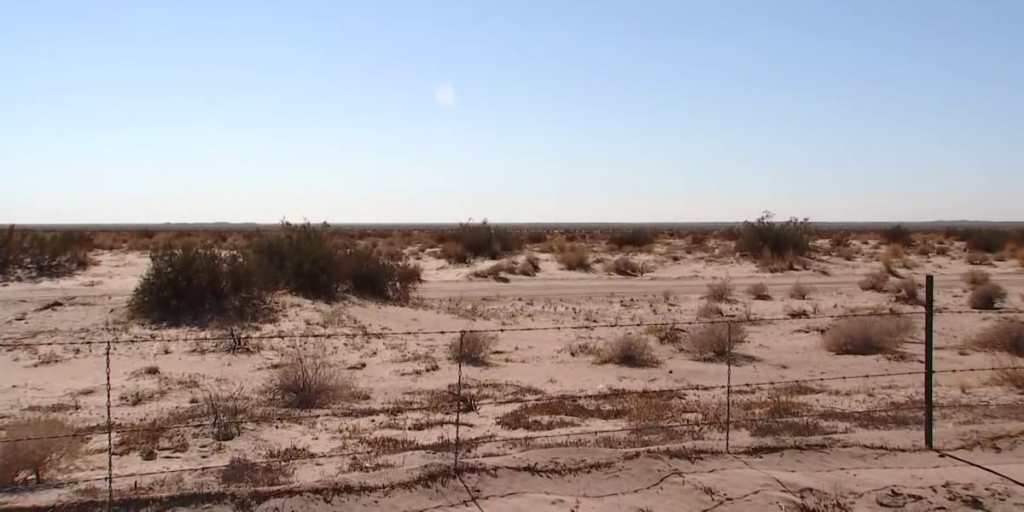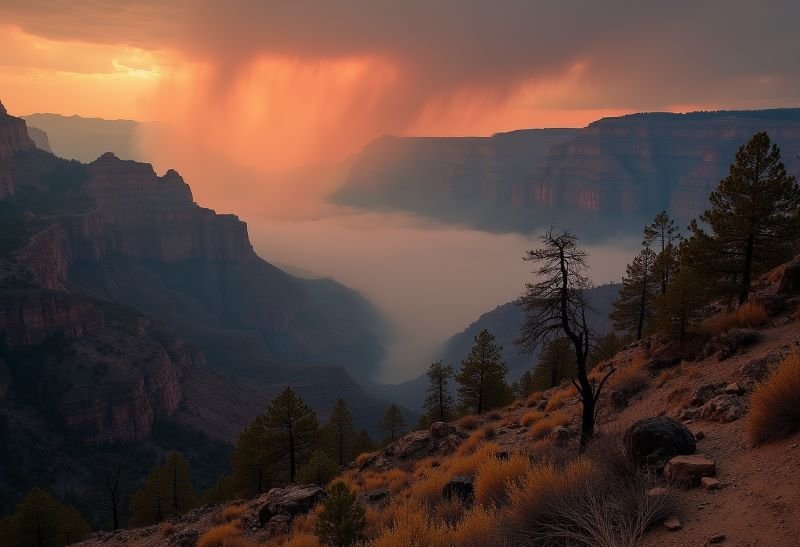Yuma, Arizona Eyes Spaceport Development
Arizona is positioning itself to become a leading hub for rocket launches.
The city of Yuma is actively working to establish spaceports within its jurisdiction.
The proposed Yuma Space Plant is set on city-owned land situated east of San Luis, Arizona.
According to Jay Simonton, Yuma’s interim city manager, the initiative for the Space Pillar sparked in 2017, spurred by interest from commercial rocket companies eager to find launching sites.
“These small businesses need to test their equipment. Since established markets like Cape Canaveral in Florida and California are often too crowded, there’s a gap here,” Simonton explained.
The spaceport aims to cater specifically to small businesses focused on satellite launches.
“We’re discussing very small rockets aimed at launching commercial satellites for research purposes,” he noted.
Simonton feels Yuma’s location is ideal, being close to the Sea of Cortez and the Pacific Ocean, which would facilitate solar orbit launches. He added, “If realized, all launches will occur over the Sea of Cortez or above the Pacific.”
The aerospace sector is among the fastest-growing industries globally and promises significant economic advantages for the region.
“We’re bringing in high-tech businesses that offer well-paying jobs,” Simonton stated.
The city anticipates that this development could generate over 2,000 jobs and stimulate $2 billion in industrial growth.
However, the path forward is lengthy and costly. The first major step is obtaining an operating license from the Federal Aviation Administration, which is currently in progress.
Add to that the need for investors to help fund the construction of the spaceport.
The city is also pursuing grants to secure necessary funding.
Recently, Yuma was named a finalist for a significant National Science Foundation grant, marking a pivotal point for the project.
This NSF initiative aims to promote scientific innovation in underserved areas like Yuma.
Out of 71 finalists nationwide, Yuma stands out as one of the very few representing Arizona.
“Winning that grant could mean $160 million over the next ten years, which would propel this spaceport project forward,” Simonton remarked.
He mentioned receiving backing from state officials, including Senator Mark Kelly, a former astronaut who is particularly enthusiastic about the project.
Yuma city is still in the process of applying for the FAA license, which Simonton estimates might take a year or more to receive. However, he believes that approval could attract more interest from aerospace firms and potential investors.
















